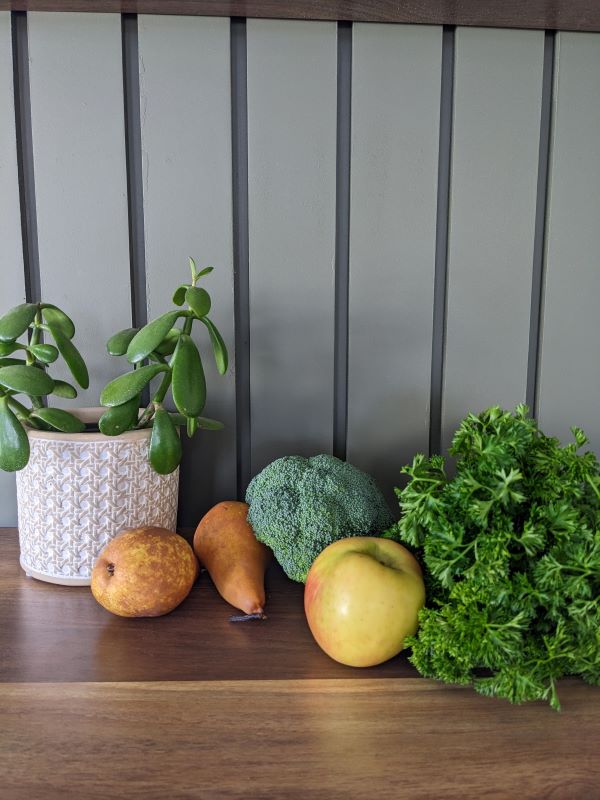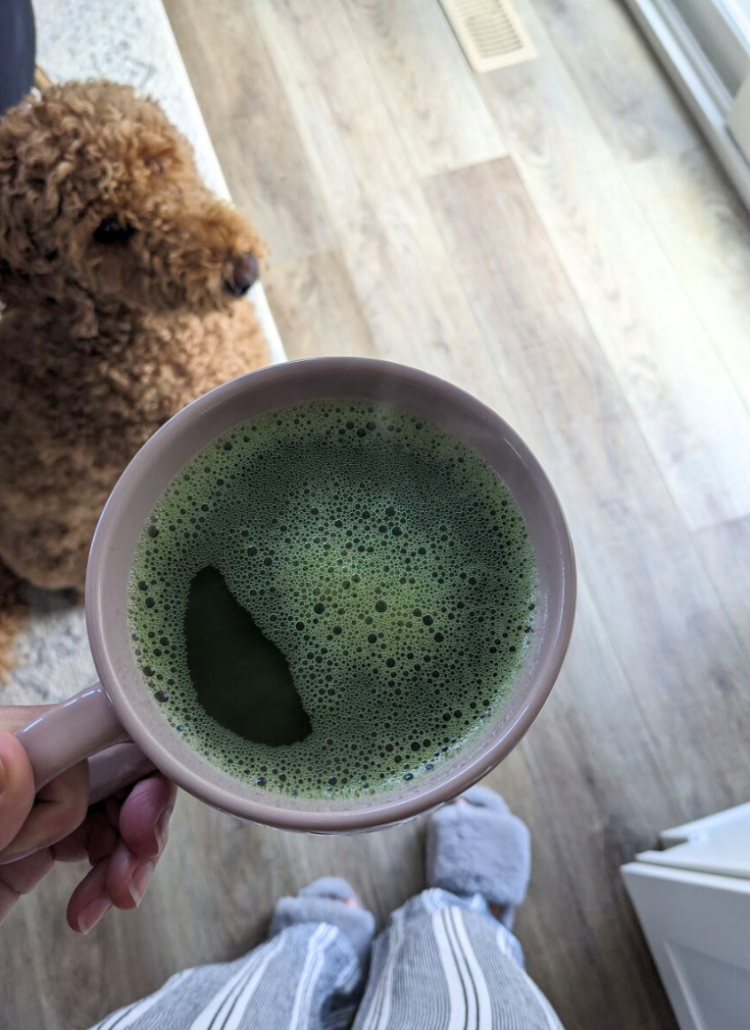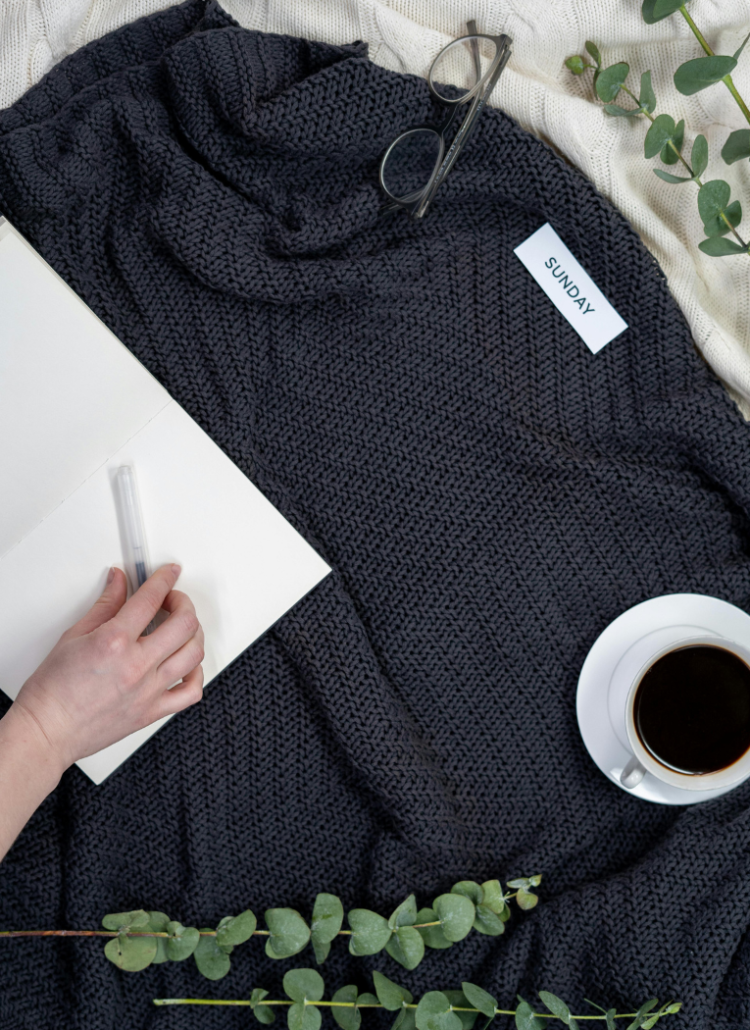The slow living lifestyle, is it a trend or actually something we should all be practicing? With all the benefits slow living provides I guarantee you’ll want to start practicing it today.
This post is for informational and educational purposes only. This post should not be taken as medical advice or used as a substitute for such. We do our best to present the best and most accurate information, however, we are not a licensed medical professional. All information on this Site is from personal experience or opinion, and we are not liable for risk and issues associated with using or acting upon the information on this Site. See Terms & Conditions for further information.
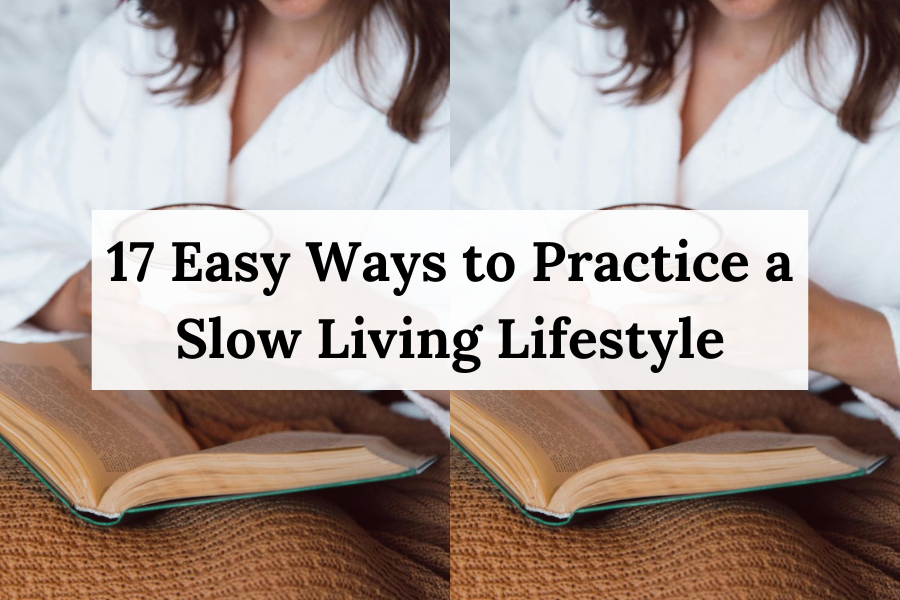
Life used to be slower. If you talk with our older generations, most of them will tell you they notice today’s world has sped up.
In some ways this can be good and in other ways not so good.
If you’ve ever felt burnt out from constantly being on the go, you might need the slow living lifestyle.
It’s all about finding the balance between being productive and pausing to enjoy the small moments in life.
Prioritizing what’s important in your life and eliminating anything that isn’t.
In this post, I will be going over the 17 Easiest Ways to Practice a Slow Living Lifestyle and why you should be doing it too.
The Problem with Today’s Fast Living
In today’s society, it’s praised and admired to be busy. And as humans, we like to feel admired. So if running around doing a million things impresses people, we continue to do it.
With information today available at our fingertips it makes it difficult to slow down.
We’re constantly looking at other people’s lives on social media and comparing them to our own.
And this usually makes us feel like we aren’t doing enough in our lives.
It seems like we are being pushed to constantly do more and do it faster.
We also push ourselves to do more. Feeling like we always need to be busy. It’s like we have a fear of missing out if we don’t go to every event or group gathering. Or tackle every challenge that comes our way.
Everything is just faster these days.
From the news being reported the minute after it happens, to a meal you ordered being ready in under 2 minutes. Every second/minute counts so much and we are encouraged to take advantage of it.
Now this can be a positive thing in some cases.
Sometimes we need to make the most out of the time we have in situations. But other times we need to make the most of time spent relaxing and moving slower.
Taking in every moment and savouring it.
Life isn’t about constantly going, it’s also about enjoying.
It’s like we are made to feel inadequate in today’s world if we aren’t speeding around like everyone else. Making us feel bad for taking a moment to enjoy life and not always moving so fast.
Well, that’s what we’re trying to change with the intentional slow living lifestyle.
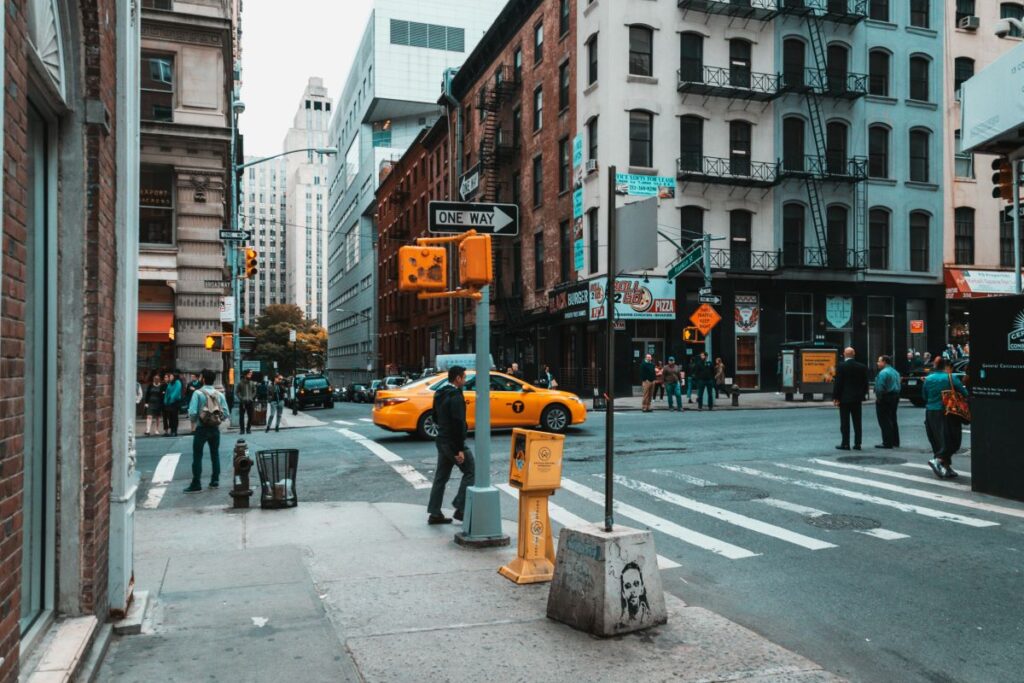
What is Slow Living
Slow living is about living in the moment. Not worrying so much about the future and simply focusing on what’s right in front of you.
It’s about enjoying all aspects of your life fully. Pausing and being grateful for all you have, and all that may be coming your way.
It’s about creating meaningful connections with other people, practicing mindfulness, and embracing simplicity.
The slow living lifestyle is about figuring out what is important to you and putting your energy toward that.
Focusing your energy on one area allows you more time to take in and appreciate that part of your life.
Doing this creates less room for distractions. And when you’re less distracted, you’ll actually feel more relaxed and at ease, allowing room for calmness in your life.
When you practice slow living today it’s definitely a conscious decision since normally people are living a fast-paced lifestyle.
You’ll have to find a balance between working and leisure time, between the use of technology and exposure to nature, and the importance of possessions vs experiences.
The goal is to find the line between being productive by getting everything done fast and being productive but slowing down and enjoying the process.
Not all tasks need to be done right away. Some can wait a few minutes, hours, or until the next day.
Honestly, there isn’t too much in this life that is actually urgent.
We may think things are urgent, but the truth is if they aren’t done at this exact moment nothing will probably change, besides maybe the time frame.
But at the end of the day unless it’s life threatening, sometimes it’s just not important enough to worry and stress to get everything done right away.
Definition of Slow Living
I explained above what the slow living lifestyle is in my terms but Wikipedia also has a pretty good definition of slow living:
“Slow living is a lifestyle which encourages a slower approach to aspects of everyday life, involving completing tasks at a leisurely pace. The origins of this lifestyle are linked to the Italian slow food movement, which emphasized traditional food production techniques in response to the emerging popularity of fast food during the 1980’s and 1990’s. Slow living encompasses a wide variety of sub-categories such as slow money and slow cities, which are proposed as solutions to the negative environmental consequences of capitalism and consumerism in alignment with the aims of green movement.”
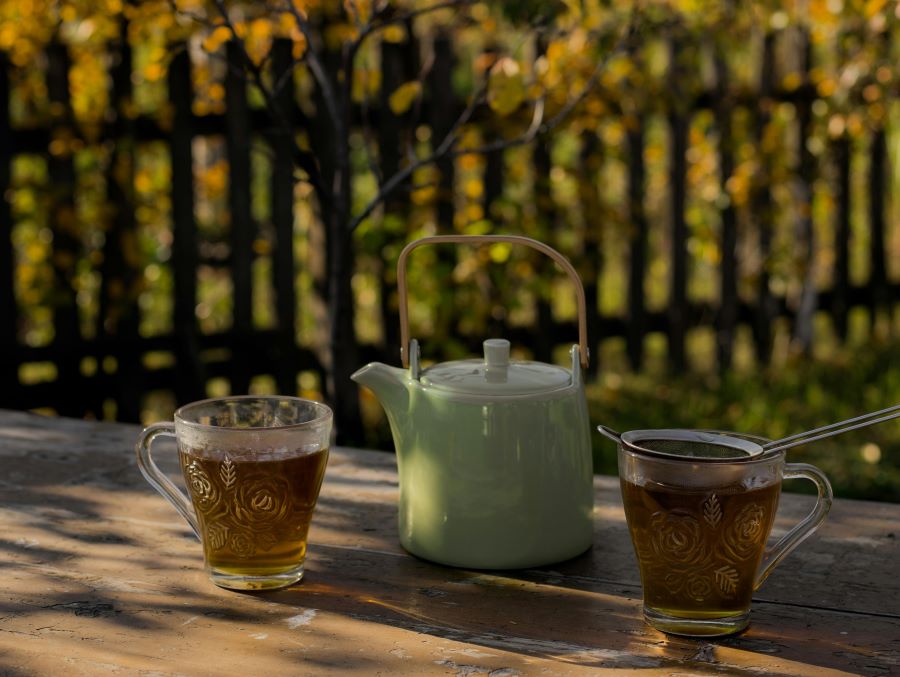
Why Practice a Slow Lifestyle
Alright, now we’ve gone over what the slow living lifestyle is so let’s talk about why you should practice it.
Practicing slow living can actually have many health benefits, physically and mentally.
With slow living it’s more about focusing on your own life and comparing it less to others.
This can have substantial benefits for your outlook on life. With less comparison, we tend to be happier and more grateful for what we have.
It can also potentially reduce stress and blood pressure and help improve short-term memory and concentration. Slow living encourages us to become more aware of our surroundings by consciously slowing down and doing one thing at a time.
This allows us room to breathe and enjoy each moment as it comes.
And, as a result of less stress, you get better quality sleep and increased energy.
It’s a win-win!
Another great reason to start practicing the slow living lifestyle is that it allows more time for you to learn new hobbies or practice things of interest.
Have you had something in your house you’ve been meaning to work on or practice for a long time but there just hasn’t been the time?
Maybe it’s that guitar in the corner, the art supplies tucked away on the shelf, or the new running shoes you bought 3 months ago hiding in your closet.
Either way, this gives you the time to focus on what’s important and lets you block out things that aren’t.
Because you aren’t constantly draining yourself with a hundred tasks a day, it creates a more balanced and peaceful lifestyle.
There’s more opportunity to find joy and happiness in all the little things in life.
These are all reasons you should want to practice the slow living lifestyle.

How to Practice Slow Living
1. Read More
You can read fiction or nonfiction, whatever types of books you enjoy. Reading helps to stimulate your brain activity and it’s also calming and can help bring your body into a relaxing state.
2. Stop Eating in Front of TV
This is a bad habit I know lots of people do, myself included. But we should try and eat with family or friends more. Or simply focus on enjoying every bite of food. You can read a book, listen to music, or sit in the peace and quiet.
3. Cook More at Home
A great way to practice slow living is to cook more meals at home racing mindful eating. Buying fast food encourages more of that fast-paced lifestyle. Instead, learn to cook more of your own meals. You’ll feel better knowing what’s in your meals and feel so accomplished.
4. More Time Outdoors
We have a deep connection with nature that goes back to our ancestors. Humans and nature are meant to be connected. That’s why spending time outdoors makes us feel at ease, relaxed, and calm. Go for more walks or even start to eat your meals outside.
5. Take Baths
Take a few moments to relax in a nice warm bath. Baths are great for your health especially if you add Epsom salts or other natural herbs. They can help remove toxins from your body, leaving you feeling refreshed and relaxed.
6. Less Time on Your Phone
Our phones are designed to keep you distracted and on them for as long as possible. A lot of life can fly by when you’re staring at that little screen instead of paying attention to what’s in front of you. Try putting it down more during the day. You’ll open up more time for so many other things.
7. Stop Looking at New & Social Media
Along with looking at your phone less, spend less time looking at the news and social media. There is so much negative energy online that can drain your energy.
Looking at other people’s lives makes us subconsciously compare ours with theirs, and their life always seems better. But only because we only see their “highlight” reel and not their whole life.
8. Focus on What’s Important
Practice focusing more on what’s important in your life. Pour more of your energy and attention on those things.
Whether it be spending time with family, and friends, doing hobbies, traveling, or cooking. Whatever you find enjoyment in.
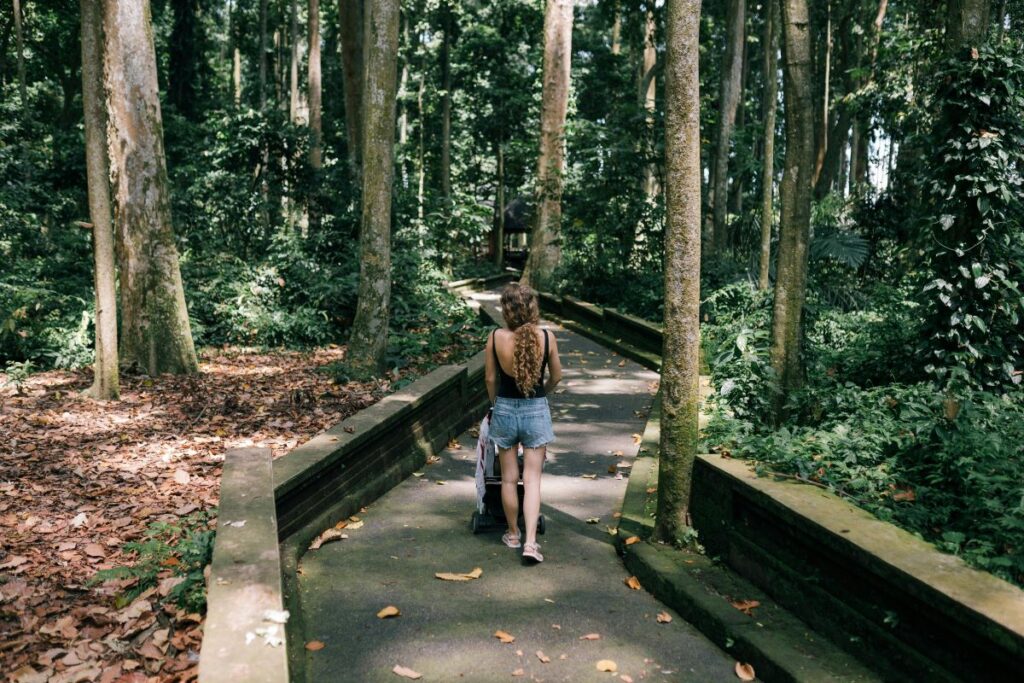
9. Be Bored
Get used to the idea of being bored, there is something beautiful about doing nothing. Simply sitting, noticing the world move by, looking out the window, observing nature and other people.
You don’t always have to be distracted, get used to finding the beauty and peace in doing nothing.
10. Listen to Relaxing Music
Listening to slower music can help slow down our resting heart rate and put you in a less stressed more relaxed state, and I think that’s the goal of this slow living lifestyle.
Try listening to happier music, slower tempos, something peaceful, or even classical music. Find the type of music that best aligns with you.
11. Practice Mindfulness
Try practicing more mindfulness & being in the moment. Throughout your day take a few minutes to stop and breathe.
Take a minute to notice how your body feels and what thoughts are going through your mind. Take a moment to simply be in that moment.
Start building the connection between your mind body and soul. You can even practice journaling to help explore your inner self more, these mindfulness journal prompts are great for doing some self-discovery.
12. Embrace Imperfection
Learn to embrace imperfection, not everything you do needs to be perfect. In fact, it’s very hard for things to be “perfect” because perfection is in the eye of the beholder.
So, practice letting go so you can worry less about whether something is perfect and accepting when it’s done or good enough.
It’ll reduce the amount of anxiety and stress around that task or subject.
13. Create Calming Spaces
Create calming spaces for yourself. This could mean creating areas in your home where you can go relax, read, meditate, or sit with a morning cup of tea or coffee with no distractions.
If you live somewhere with a yard you could also create a beautiful little space out in nature, that would be extremely peaceful.
14. Listen More
Practice listening more and talking less. When you have a conversation with another person focus a little more on what they are saying and maybe try pausing before you jump right in with your response.
Sometimes a response isn’t even necessary. This will give you more time to pay attention and open up space to learn more about the people you love. It can teach you that sometimes listening is more important than talking.
15. Declutter Your Space
Get Decluttering. Donate, sell, or give away items you no longer need or use. If you’re not using it, it’s just taking up space and can be distracting or cause your mind to feel cluttered.
A clutter-free home welcomes more opportunities for a calm and relaxed environment.
16. Set Boundaries
Practice setting boundaries for yourself. If plans come up but you aren’t feeling up for it then stick with your gut feeling and say don’t go.
Be true to yourself and work on doing what aligns with you.
Remember this is your life and no one can protect your energy and space except you, and sometimes that means turning down plans if you already feel overwhelmed from other things in life.
17. Worry Less When Things Go Wrong
Things are inevitably going to go wrong in your life. No single person is perfect, nor is their life.
We are human and we all make mistakes. Some may be bigger than others, but almost all mistakes can be made right.
When something has gone wrong it’s not helpful to overthink and worry about it. It won’t change the fact that something has happened. It’s better for your mental health to accept what has happened, fix it if it needs fixing, and then move on.
Remember that the slow living lifestyle is a way of life, and it may take a while to adopt all these habits. But healthy habits are important to build into your life. They add balance, reduce stress, and can create more happiness.
Start by choosing a couple of these to implement every week and before you know it the slow living lifestyle will be your new normal.

